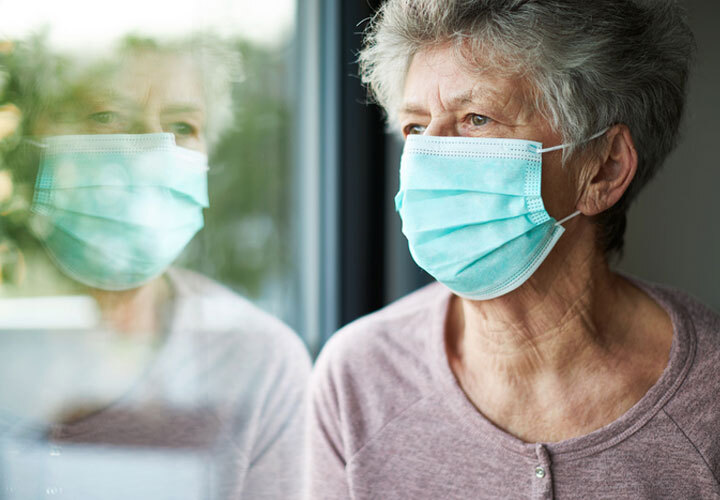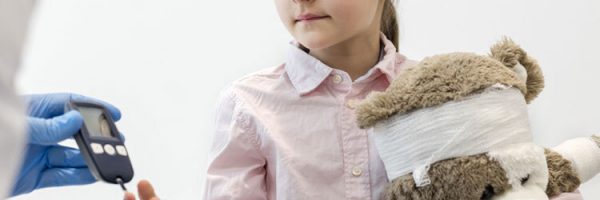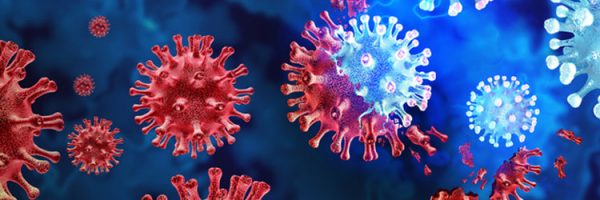
Holiday Travel Ramps Up As The Omicron Issue Deepens
This year’s holiday travel season in the United States looks a lot like 2019. According to the travel organization AAA, airlines are expected to handle 6.4 million passengers. This is nearly three times the number from the previous year when the epidemic severely hampered holiday flight travel.
Over the extended Christmas and New Year’s week, AAA forecasts that more than 109 million Americans will travel, accounting for 92 percent of all travel in 2019. The busiest days of the end-of-year rush at airports, according to Transportation Security Administrator David Pekoske, will be December 23 and January 3.
However, there is a wild card in the mix: Omicron. The new variety, which has been labeled a “variant of concern” during the Thanksgiving travel season, adds an extra degree of uncertainty as people plan their December and January vacations.
What Medical Professionals Have To Say About Holiday Gatherings
Even with Omicron circulating in the United States, if you’re vaccinated, you should be able to keep your holiday plans, according to Dr. Anthony Fauci, director of the National Institute of Allergy and Infectious Diseases.
“‘How about the family setting?’ people inquire. If you’ve been vaccinated and your family has been vaccinated, you should feel safe hosting meals and social occasions at home during the holiday season.” On Wednesday, Fauci told CNN’s Wolf Blitzer.
“I mean, nothing is 100 percent,” he explained, “but when you talk about the relative risk when dealing with vaccinated and, especially, boosted folks, you can feel safe enjoying the vacation.”
Traveling raises the danger of infection, he noted earlier this month, but wearing a mask and getting vaccinated and boosted can help protect tourists traveling through congested areas.
Dr. Peter Hotez, a vaccine specialist and Dean of tropical medicine at Houston’s Baylor College of Medicine, is apprehensive about his family’s holiday travel. On Wednesday, he told CNN’s Alisyn Camerota and Victor Blackwell that they have scaled back their intentions.
“I don’t want to be the Grinch who stole Christmas,” Hotez remarked, but he did cancel his in-laws’ visit. “Unfortunately, I had to decline their invitation because I believed it would be too dangerous for them to travel with all the Omicron circulating.”
According to CNN Medical Analyst Dr. Leana Wen, whether or not to travel is a personal decision.
“Because there are so many unknowns, I believe it is a matter of personal risk tolerance. Some people will be unconcerned with the unknowns because they are normally healthy, fully vaccinated, and unconcerned,” Wen said. “However, there are those who may feel different due to their particular medical situation or risk factors.”
While there is still much to learn about Omicron, health professionals have emphasized one thing we do know right now: the Delta version remains a major hazard.
Easing The Travel Way
As the Christmas travel season ramps up, here’s additional advice from experts for safer, smoother journeys.
TSA Pre-Check, an accelerated screening service that doesn’t require members to remove their shoes, belts, drinks, laptops, or light coats, is encouraging flying travelers to sign up.
Other TSA recommendations:
- Avoid airport peak hours, which are usually between 5 and 7 a.m. and 4 and 6 p.m.
- Allow two hours for domestic flights and three hours for foreign flights when flying domestically.
- Make sure you don’t bring anything that would slow you down. The following is a list of what you may and may not bring. (Please note that firearms are not permitted at checkpoints or in carry-on luggage.)
- To avoid fines, treat TSA officials, flight crew, and other frontline personnel with respect and properly pack firearms.
Travel insurance is recommended by AAA, the American Automobile Association. “If you can, get trip insurance and airline insurance. Because we don’t know what the airline and TSA staffing levels will be like this year, check that small box you usually ignore.” Right before the Thanksgiving rush, AAA spokesperson Andrew Gross said.
Also, if you’re driving, make sure your vehicle is ready. Before a road trip, AAA recommends having important components such as the batteries, fuel system, tires, brakes, and fluid levels checked.
The CDC recommends safer options for those traveling with unvaccinated people, like short road trips and direct flights.
Overseas Travel Logistical Concerns
Travelers who intend to travel internationally must take into account several factors. Constantly changing regulations in nations throughout the world, as well as the new US need to take a test within one day of a return flight’s departure for the US, could cause unanticipated kinks.
“This is a highly dynamic scenario,” said Wen, an emergency physician, and professor of health policy and management at George Washington University’s Milken Institute School of Public Health.
“They should consider all of the eventualities that could occur. Let’s imagine they end up in a country that has decided to impose obligatory quarantine upon entry. What will they do about it? Is it worthwhile to go?”
For American nationals, US embassies provide country-specific information, such as whether tests in a specific destination are reliably available within the one day required for their return.
Got There Safely, Now What To Expect?
Wen and Dr. William Schaffner, an infectious diseases professor at Vanderbilt University Medical Center, emphasize that what travelers intend to do at their destinations is more likely to pose a risk than the journey itself, as long as they wear masks in transit and maintain as much social distance as possible.
According to Schaffner, a trip that includes a lot of shopping and going to the theater, as well as eating in busy restaurants and visiting your favorite New York City bar, enhances your chances of getting infected.
“Yes, you’re taking on more danger if you want to do all of that,” he added. Schaffner went on to say that getting vaccinated against influenza, which is on the rise in the United States, is critical.
People should wear a high-quality mask — N95, KN95, or KF94 — whenever they’re in a busy indoor setting with people who they aren’t sure have been vaccinated, according to Wen.
With the development of Omicron, Wen recommends that two of these three factors be present at indoor gatherings: immunization, testing, and masking.
“If everyone is uncovered and eating together, they should, for example, be vaccinated and checked on the day of.”
When everyone eligible for vaccines and boosters receives them, it also protects children under the age of five who aren’t yet eligible.
If a gathering includes immunocompromised family members, unvaccinated youngsters, or both, Wen recommends that everyone be quarantined for at least three days before meeting and do a quick test right before seeing each other.
“Everyone’s risk would be reduced,” she stated. The Centers for Disease Control and Prevention has updated its guidelines on self-testing as a risk-reduction technique. Before assembling for Thanksgiving, Schaffner said his entire family took tests.
“Not only have we been vaccinated and boosted, but we’ve also tested negative,” he explained. “Now, if you start taking control like that, you’ll be able to travel, attend reunions, and attend social gatherings with very little risk.”


